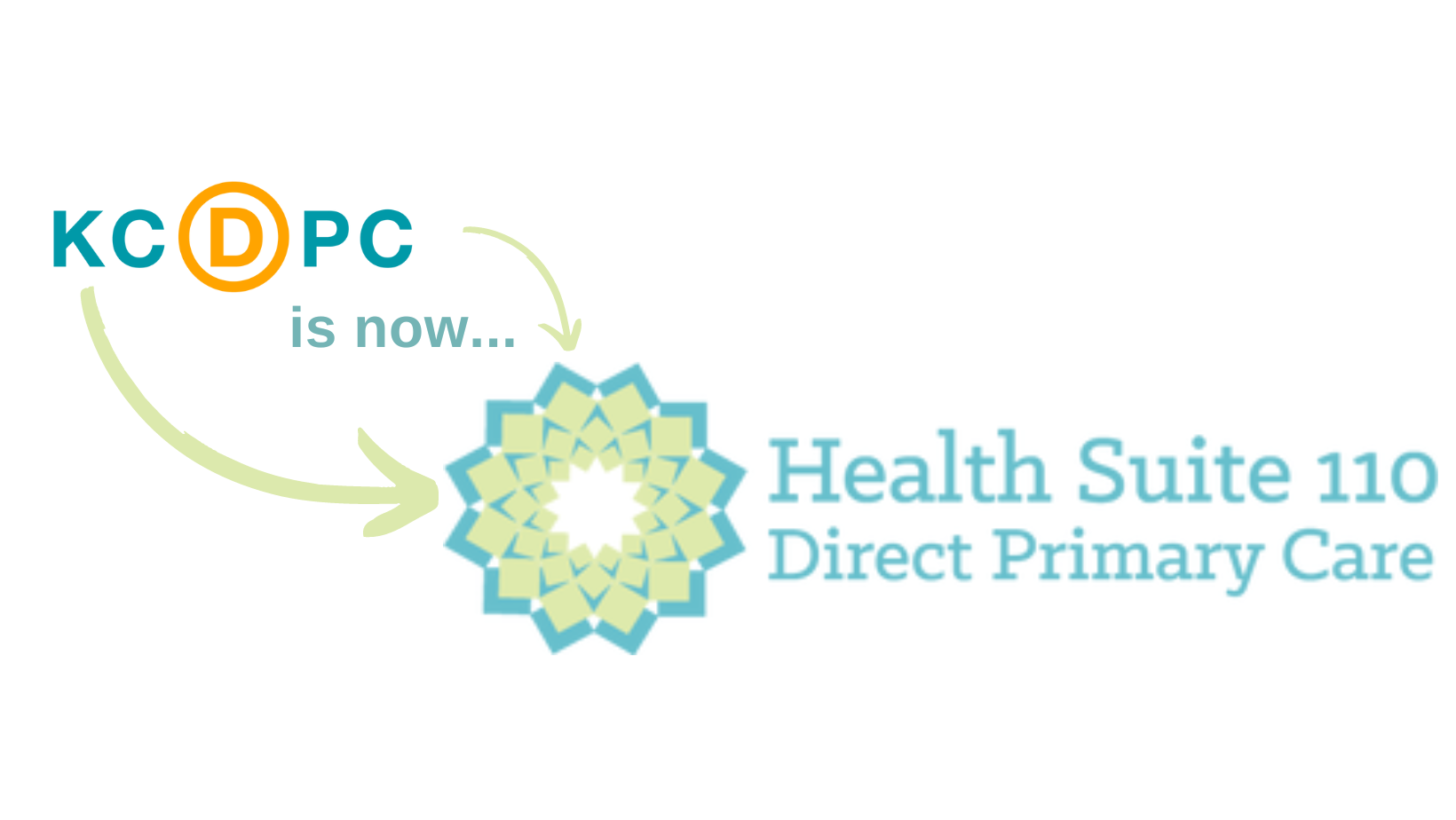FAST FACTS
- The FDA granted emergency use authorization for the Pfizer vaccine on Friday, December 11, 2020. The Moderna vaccine will likely be granted soon.
- Both vaccines are “mRNA” vaccines, which code for the inactive, non-infectious spike protein of the virus, tricking your immune system into fighting off these proteins and creating lasting immunity.
- The vaccine appears to be 95% effective in preventing *symptomatic disease*
- We do not know yet if those that receive the vaccine can still catch COVID and spread it without symptoms (asymptomatic spread), so wearing a mask and distancing are still recommended until enough people get the vaccine to achieve herd immunity.
- Herd immunity to COVID will require 75-80% of the population to get vaccinated, according to Dr. Fauci.
- According to PEW, only 51% of American adults report they will get the vaccine, down from 72% in May.
- Black and Latino populations are less likely to trust or get the vaccine, even as their communities are being hit the hardest. (There is a long history of mistrust of the medical communities by minority groups, and for good reason.)
- Much of the mistrust of the vaccine is based on a few factors: the speed of development, fear of political/partisan pressure, and pre-existing vaccine hesitancy, all of which is muddled together and amplified across facebook and other social media to create confusion and mistrust.
My answer, trying not to get too into the weeds: mRNA vaccines have been in development since 1989. Initially we weren’t very good at making them, but science kept advancing. Moderna (notice it ends in “RNA”) was founded in 2010 to apply this science, and others like Pfizer did as well. Pfizer and Moderna were able to make a COVID vaccine almost immediately because all they had to do was put the mRNA sequence of the virus spike protein into their vaccine already in development, and voila!
We developed mRNA vaccines against MERS, SARS, and H1N1. None of which made it to the public, not because of safety, but because those germs fizzled out without needing a vaccine (unlike COVID). I say all this because the SARS and MERS vaccines have 3 years of long-term safety data without major adverse events, and the H1N1 vaccine was developed in 6 months (a similar timeline to our current situation).
I’m not going to wade into politics, vaccine mistrust, or the history of systemic abuse of minorities by the medical establishment. Don’t get me wrong; all of that is very important in understanding the current situation, but the most important message I have is: trust the process. Trust the expert physicians advising the FDA and CDC, trust the science, and talk with your family and friends about their perceptions of the vaccine. Share this document or other quality information to those that want to learn more about the vaccine. We must vaccinate to end this, the only other way is everyone catches the virus and hundreds of thousands more die. Please get the shot. I would be happy to talk with any of you personally and answer any questions I can.
Common Questions
- What are the side effects?
- Minor side effects include injection site pain, body aches, chills, low fevers. This is your body’s immune response to the vaccine, not a sign of infection. There are 2 reports of severe allergic reaction in the UK rollout, but this was in 2 patients that had a history anaphylactic allergies, and so they were monitored closely and treated immediately for their reactions. There were no other reports of anaphylaxis in the 40+ thousand person study.
- If I had COVID, should I get the vaccine?
- The CDC has not offered official guidance on this question, but I will be recommending it to patients who have had the infection, based on expert opinion from physicians who are much smarter than me. We do not think the immunity from infection is long lasting, likely less than a year (at best) and so I recommend vaccination regardless of prior infection.
- Should I get antibody testing before getting the vaccine?
- NO. Similar to above, a positive antibody test does not necessarily mean one is immune, and the immunity is not permanent. So the result of an antibody test should not dictate whether or not to get the vaccine.
- What about children under 16, pregnant women, and the immunocompromised?
- We don’t know yet, as they were not included in the study. At this time it is not advisable for these patients to get the vaccine. A study for this question is likely to start in January.
- Once I get the vaccine, can I stop wearing this mask?!?
- MAYBE. Experts recommend continuing to wear a mask even after the vaccine. This is mainly because we do not yet know if vaccinated people can still get infected and shed the virus without symptoms (asymptomatic spread). A new study has started to investigate this question.
- When will I get a vaccine?
- Great question. I wish I had the answer. During “Phase 1,” the CDC has proposed a 3-tiered approach. Healthcare providers and long-term care (nursing home) residents are in the first phase. The second phase covers essential workers. The third phase is adults with high-risk medical conditions and those above 65. Beyond that, the hope is to extend to the population at large (at least that’s the thinking right now).
As you can see, experts estimate that it won’t be until summer 2021 until there is enough availability to vaccinate the general population. Hopefully we will get Phase 1 vaccinated in the spring. We will continue updating you as we learn more information.
Please reach out if you have any questions!
Dr. Hazen Short
